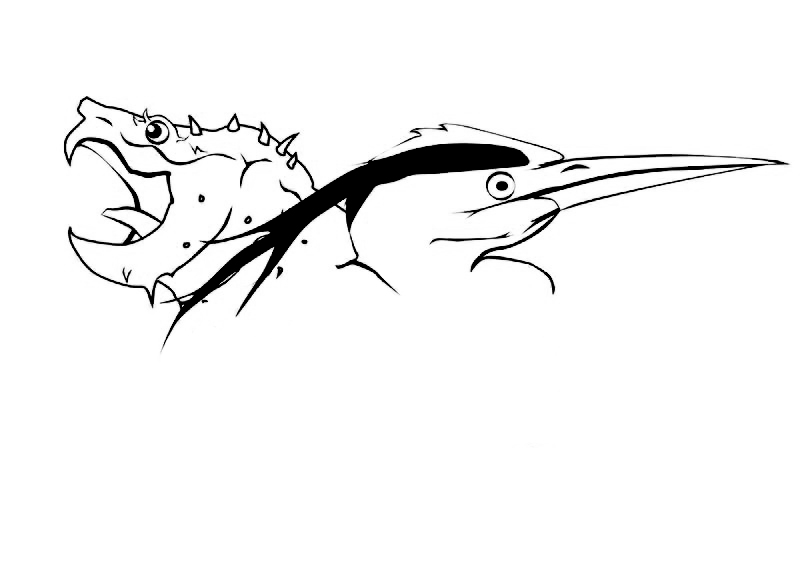SEO stands for Search Engine Optimization
Google, Bing, and others are search engines. When you ask them a question or to look up a term the search engine will trawl through the 1.2 billion websites worldwide to find the answer.
It’s worth noting here only about 17%, or about 197 million of these are active, many more are updated so infrequently that the Search Engines will pass them over, assuming they are out of date.
If you have a website you want visitors. You want to be found, to pass on information, to advertise your services, to share your passion, whatever the reason you created your website you want people to find it.
How Search Engines Work
Google will ‘read’ your website and use that to determine how well your site matches the search terms people are looking for.
They will also see how safe your site is, if the information is authentic, and if other people on the internet think your site is important.
Key Elements of SEO
Keywords – The words people type into search engines. Let’s say that someone is looking for a new rose bush. They might look for ‘rose supplier near me’. If you own a nursery, but it’s not clear on your website that you sell roses, you might not get that traffic.
Content – Helpful, relevant information on your site. Back to the rose example, if you have a series of guides about how to care for roses. Guides that other people have read, maybe even shared, then the search engine might decide that you have a lot of expertise about roses and show your website over others.
On-Page SEO – Page titles, headings, image names, and links, there are a lot of things that are just there to help the search engine find out what it’s looking for.
Off-Page SEO – Backlinks (other sites linking to yours). If a good website thinks that your information is good, then they can put a link to your site. These backlinks show the search engine that other people in the same field think that your website is important enough for them to show it to their readers.
Technical SEO – How fast your site loads, mobile-friendliness, etc. There are a lot of little things here that really matter. But these need a lot of page space to go through. Keep your eyes peeled for future articles.
Why SEO Matters for You
Ads are expensive. If you can get your website on the first page of results for free, then you can get people coming to your site. Which is the point.
Beyond that showing up in organic search results shows that your site, and by extension your business, or you, are authorities in your area.
Tips to Improve SEO
Get the basics right before you start looking at the more difficult things, there are a thousand people out there telling you that they have the latest trick to sort out your SEO.
-Publish content that is written for people, not the search engines. That can be blogs, guides, articles, whatever suits your specialist area.
-Use simple, clear page titles and headings. Don’t go for clickbait or clever headings. Instead, look at the things people might be searching for.
-Use good quality images, include captions and alt text where you can.
-Write for people, not just search engines. Search engines are getting more advanced, so don’t worry about writing for the search engines.
-At the same time make sure you use the right keywords, although don’t jam them in unnaturally. 3 or 4 examples of keywords in each post or article is ideal. Add them in naturally.
-About 80% of people will be reading your website on their mobile phone, not on a PC or website. Optimise your website for mobile phone users, not for larger screens.
Common SEO Mistakes to Avoid
Keyword stuffing (overusing words); if you’ve been on the internet for over a decade you might remember websites that were just words, some of them are still around. They would publish a page of keywords that were just that. There were no sentences, nothing but lists and lists of keywords. Even today you might find sites that might list all the places they serve or all the products they sell in one block of unreadable text. This will put off readers, and more importantly search engines will penalise you for it.
Copying content from other websites. Duplicate content is a real issue. You will get penalised for this. You can take information from other sources, but it needs to be in your own words.
Ignoring mobile users. Again that’s 80% or more of many areas.
Not updating your site regularly. The search engines look for fresh content, and you need to provide that.
Getting SEO Right
I’m not going to lie. SEO is a skill set, and it takes either time or money. But if it’s just you doing this then start today, publish one piece of content today, a short blog post, or a guide.
Here’s the secret. You are running your business, you have skills for that. Drop us a message and let us do the hard work of SEO and content creation. We’ve no flashy techniques, just good-quality content and words to help customers find you.

